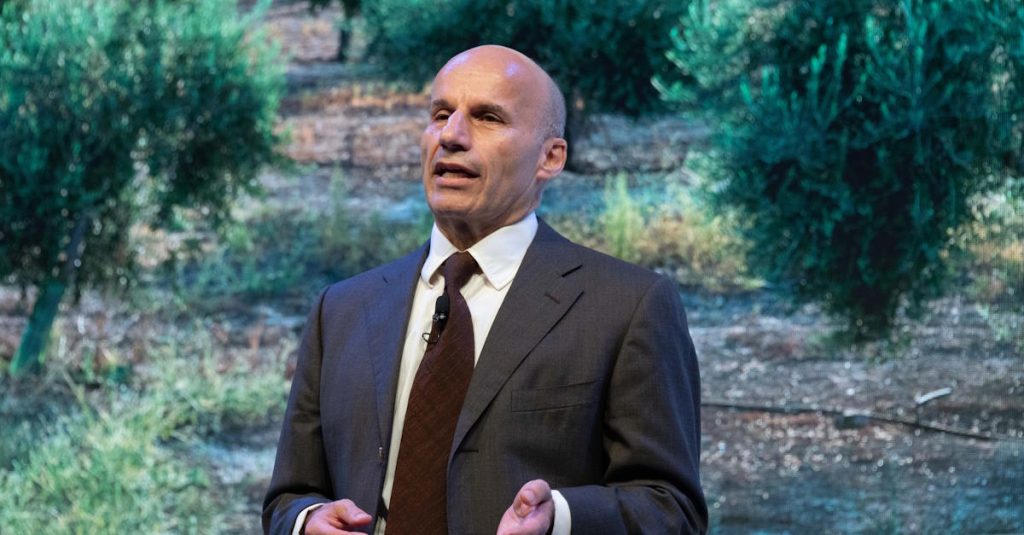Facing impending budget restrictions, the travel sector remains unwavered.
Industry leaders share optimism backed by consistent holiday spending trends.
Industry Sentiments Amid Budget Concerns
Industry leaders are expressing cautious optimism despite the cautious outlook surrounding the upcoming Budget on October 30. Government announcements suggest there is little to cheer about in the current state of public finances. However, this has not dampened expectations across the travel sector, where confidence remains intact. The sector’s resilience is noteworthy, particularly following the disruptions of recent years.
Impact on Travel Consumer Confidence
Despite the government’s warnings, the travel industry is maintaining consumer interest and demand. Abta board members shared their insights at the Travel Convention, noting that negative government rhetoric has had minimal impact on bookings. As Derek Jones, non-executive director at Not Just Travel, stated, ‘The mood music from the government has been generally pessimistic – and that is probably tactical.’ However, travel demand appears resilient if not growing.
Luke Petherbridge, Abta’s director of public affairs, highlighted a divergence between the broader economic sentiment and the travel sector’s consumer behaviour. The early signs from the government seem promising, indicating a potential for positive engagement with the industry moving forward.
Consumer Spending and Travel Priorities
Mark Tanzer, Abta’s chief executive, pointed out that holiday spending remains at record levels despite the wider economic uncertainty. ‘Anything that takes money out of people’s pockets is going to impact spending,’ Tanzer noted, yet discretionary spending on holidays has been remarkably stable.
Garry Wilson, EasyJet holidays’ chief executive, acknowledged that while the Budget may not offer tangible support, the prioritisation of travel among consumers has been exceptional. ‘We’ve seen the prioritisation of travel [by consumers]. The resilience in travel post-Covid has been phenomenal,’ commented Wilson.
Growth Prospects Amid Economic Restraints
Industry players are preparing for another year of growth driven by consumer interest. Despite the pessimistic stance of figures like Prime Minister Keir Starmer and Chancellor Rachel Reeves, travel companies see opportunities for expansion. Garry Wilson expressed confidence in EasyJet holidays’ ability to grow their business by 20% next year without sacrificing profit margins.
Abta and its members are optimistic about the potential for continued growth, even in a challenging economic climate. The industry’s ability to adapt to situations and maintain consumer interest is proving to be a key strength, allowing companies to explore new avenues for growth even as budget constraints loom.
Strategic Engagement with Government
Abta’s strategic engagement with the government is highlighted as a positive development. With only three weeks of parliamentary activity since the last election, Abta’s involvement in discussions around sustainable aviation fuel and apprenticeship law reform is notable. These dialogues demonstrate a proactive approach to influence policy decisions that impact the sector.
Luke Petherbridge has emphasised the importance of this engagement, pointing out early indications that the government is listening. This interaction is not only critical for addressing immediate challenges but also for setting the stage for future industry resilience and growth.
Conclusion
The travel industry shows a robust outlook despite the Budget’s austere expectations. Stakeholders remain cautiously optimistic, leveraging strong consumer demand to drive growth. Industry leaders highlight strategic government engagement as crucial to navigating potential economic challenges.
Despite governmental financial challenges, the travel sector’s outlook remains positive due to steady consumer spending and strategic industry moves.
Confidence within the industry is bolstered by proactive engagement with policymakers, paving the way for sustainable growth amid economic uncertainties.

